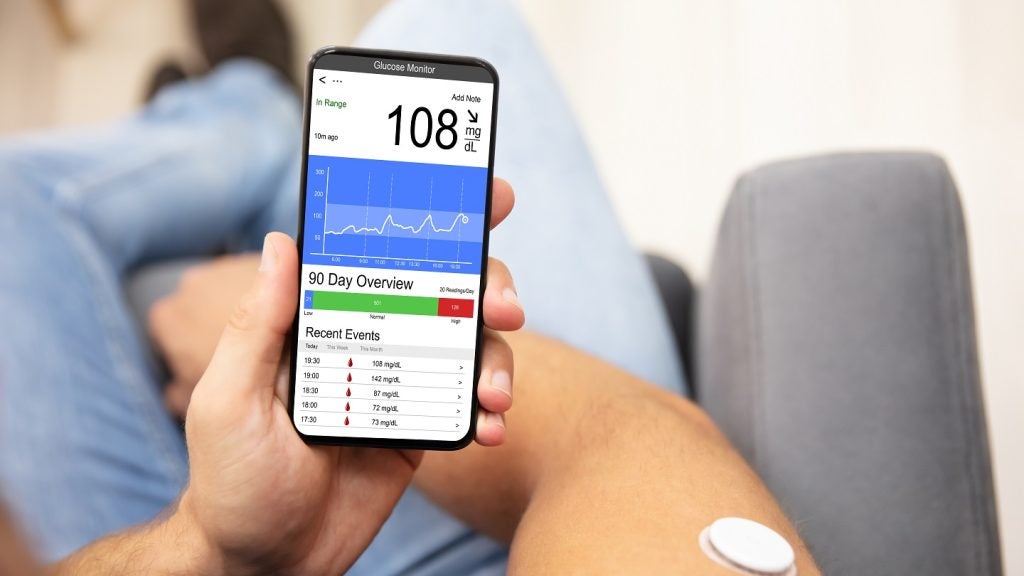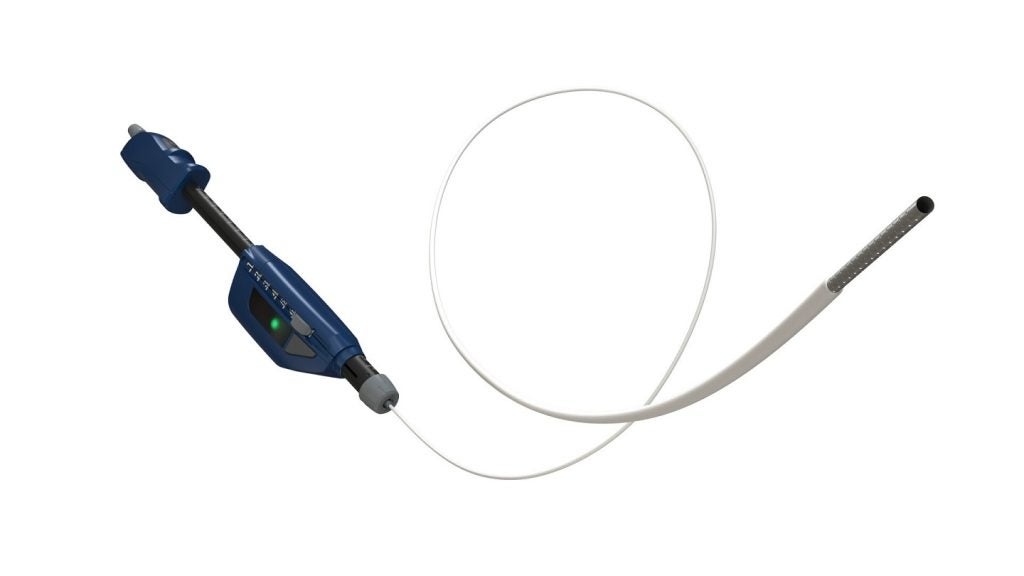OnPoint Surgical has received 510(k) clearance from the US Food and Drug Administration (FDA) for its OnPoint augmented reality (AR) spine system.
Leveraging see-through optical head-mounted display technology, the system can superimpose virtual surgical guides and virtual implants onto the surgeon’s visual field.
The system, which is an open platform, is compatible with implants produced by major manufacturers. It is also free from changes in surgical technique or surgeon practises.
OnPoint Surgical CEO and chairman Philipp Lang said: “We are pleased with the 510(k) clearance, which will allow the OnPoint augmented reality spine system to be made available for excellence in clinical care nationwide.”
Claimed to be a cost-effective and accurate alternative to robotic systems that are currently used, the system can be deployed in hospital settings and ambulatory surgery centres.
The head-mounted display is significantly lighter and offers higher resolution than current AR systems used in spinal procedures.
Brigham and Women’s Hospital neurosurgery vice chair, spinal neurosurgery director and comprehensive spine surgery co-director Dr Michael Groff said: “Having used the OnPoint AR spine system on several occasions during its development, I am deeply impressed by its unique accuracy, easy-to-use interface and the clarity of the information presented.
“I believe that the benefit of this system will be in improving outcomes after surgery, increasing the safety of the surgery, the speed of the surgery and our confidence that all of our implants are in an optimal position for every patient.”
















